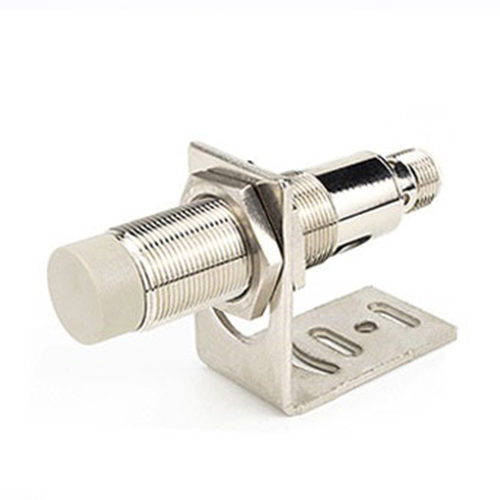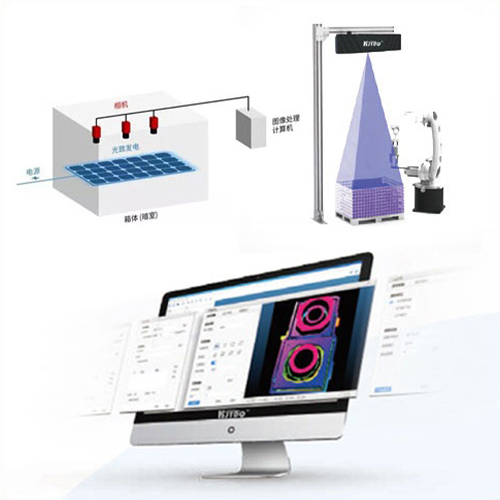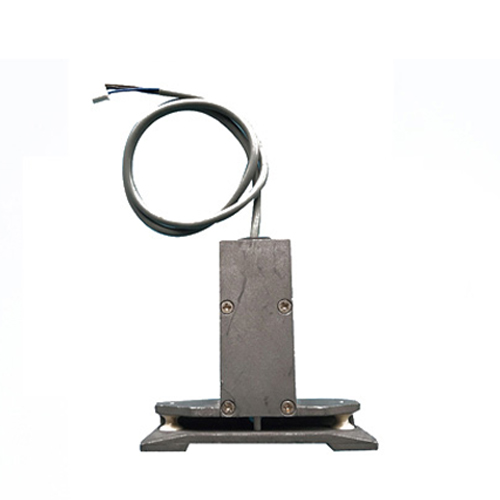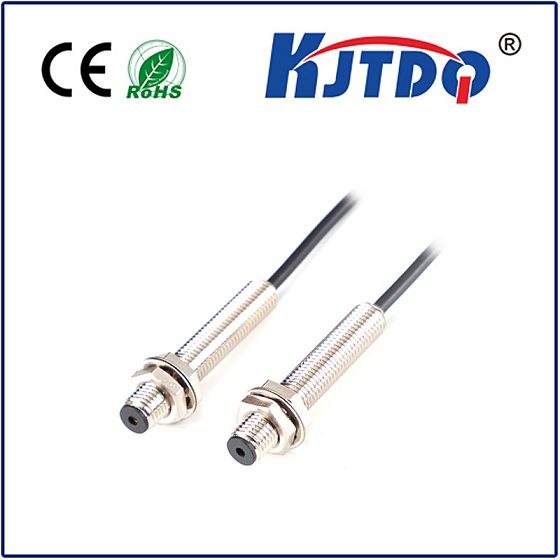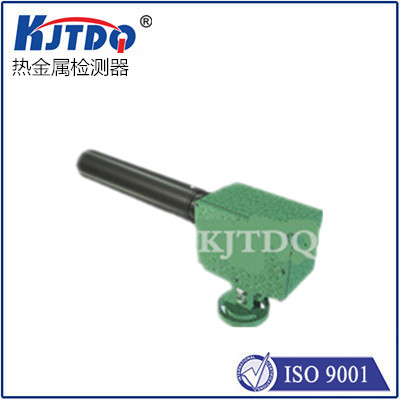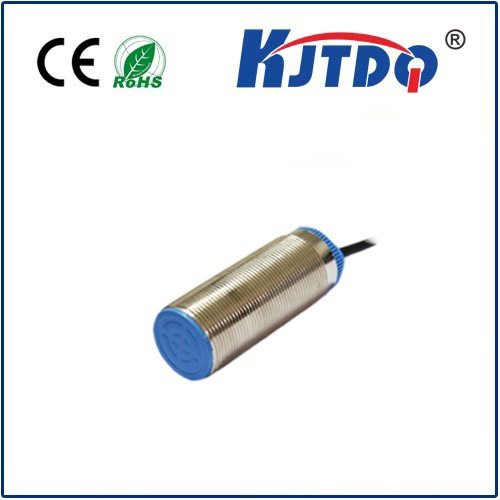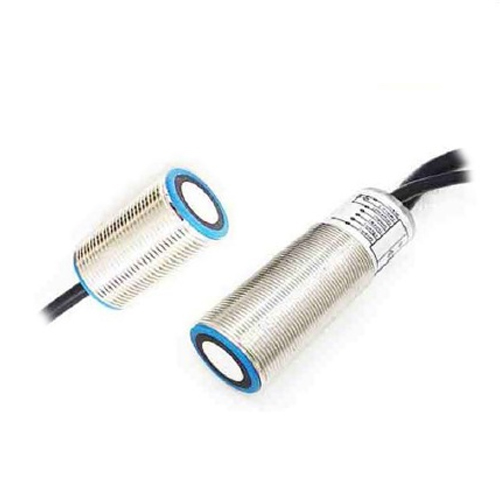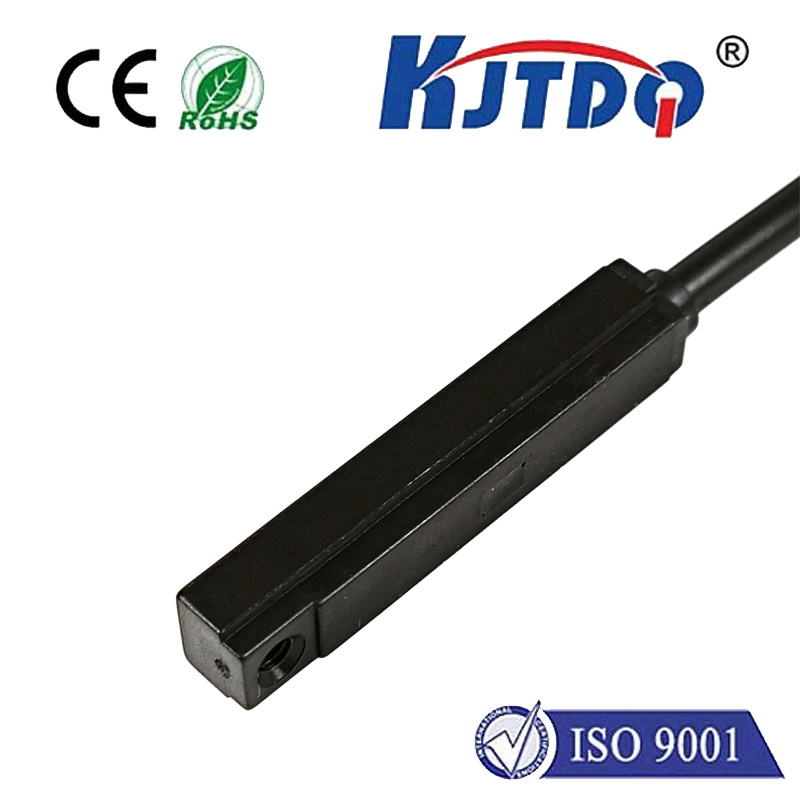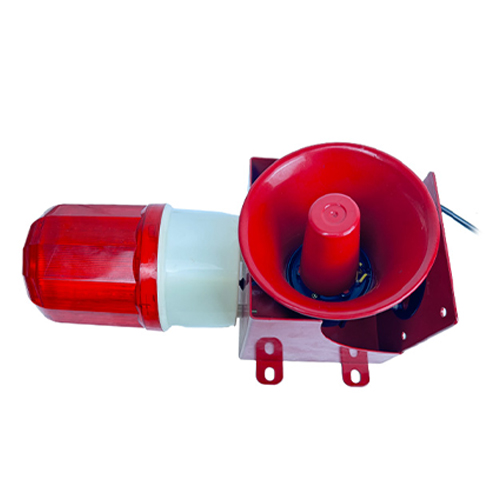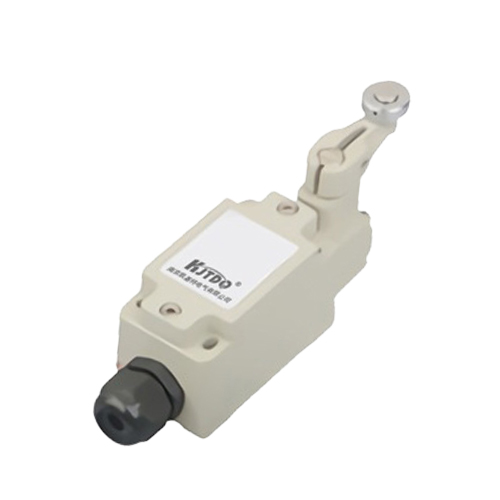

check

check

check

check

check

check

check

check

check

check

Probe Sensor: A Game Changer in the World of Measurement and Detection” In the ever-evolving world of technology, the probe sensor has emerged as a revolutionary tool that is transforming the way we measure and detect various parameters. This article delves into the working principle, applications, and benefits of probe sensors, highlighting their significance in our daily lives. A probe sensor is an electronic device that measures physical quantities such as temperature, pressure, humidity, and force by converting them into electrical signals. It consists of a sensing element, usually made of semiconductor materials, that reacts to changes in the measured parameter and produces a corresponding electrical output. The output signal is then processed by a circuit to provide a digital display of the measured value. One of the key features of probe sensors is their ability to perform non-contact measurements, making them ideal for use in environments where direct contact with the object being measured may be impossible or impractical. For instance, they are widely used in medical thermometers, infrared cameras, and motion detectors. Additionally, probe sensors are highly accurate and sensitive, allowing them to detect even minute changes in the measured parameter. The applications of probe sensors are vast and varied, spanning across different industries and fields. In the automotive industry, they are used to monitor engine performance, tire pressure, and brake pad wear. In the healthcare sector, they are employed in diagnostic devices like blood glucose meters and stethoscopes. In the consumer electronics market, they find applications in smartphones, tablets, and wearable devices for functions such as touch control and gesture recognition. Furthermore, probe sensors offer several advantages over traditional measurement techniques. They provide real-time data acquisition and analysis, enabling users to make informed decisions promptly. They also eliminate the need for physical connections between the sensor and the object being measured, reducing wear and tear on both components. Moreover, their compact size and lightweight design make them easy to integrate into various systems and devices. In conclusion, probe sensors have undoubtedly revolutionized the field of measurement and detection by offering high accuracy, reliability, and versatility. As technology continues to advance, we can expect further innovations in this area, paving the way for even more efficient and sophisticated solutions for measuring and detecting various parameters in our daily lives.
